‘Political parties have agreed to all proposed revisions in electoral laws’
- Dignity Post
- 14-05-2023 06:46

The Election Commission last week finalised the election management draft bill with several revisions in the existing legal provisions on election. The draft bill prepared after years of homework needs to get through the Parliament before coming into force.
The Election Commission last week finalised the election management draft bill with several revisions in the existing legal provisions on election. The draft bill prepared after years of homework needs to get through the Parliament before coming into force. Portrayed as a progressive law by the commission, it will replace seven different Acts if it gets federal Parliament’s approval. While the government is studying the draft, Binod Ghimire of the Post talked to Ram Prasad Bhandari, a commissioner at the commission, to learn about its provisions and how they will be executed. Excerpts:
Why is a new election law required when there are several Acts, which were prepared just a few years ago, in place?
The 2015 constitution formalised Nepal as a federal republic and secular democratic nation. Periodic elections are an integral part of democracy. Different Acts and regulations were prepared to implement the constitution through elections. Back then, as the elections were round the corner, the laws and regulations were prepared in haste and were thus incomplete. We realised seven out of nine election laws need to be merged into one, and updated. After four or five years of discussions with the political parties, civil society members and election experts, we finalised the bill that integrates seven different Acts guiding the elections of the President and Vice President, House of Representatives, National Assembly and the local level.
Reference : kathmandu post


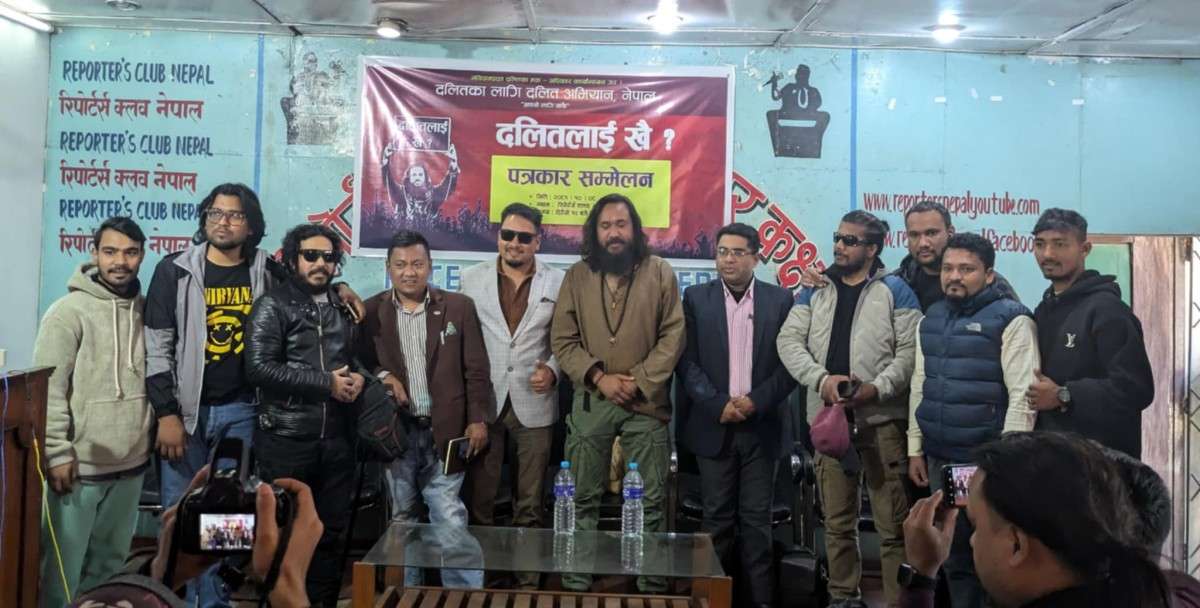
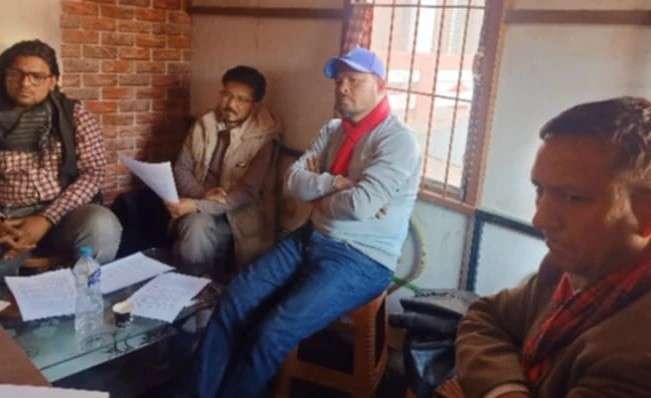
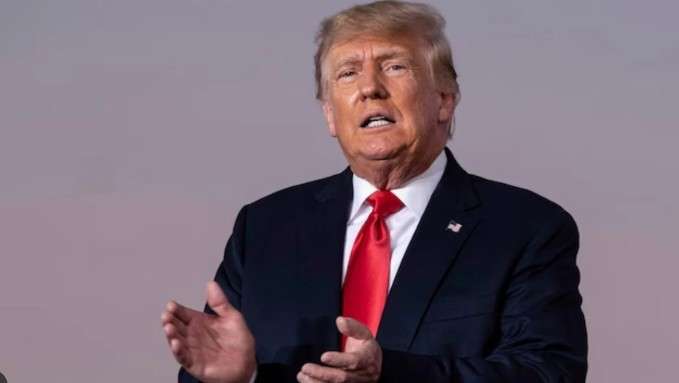
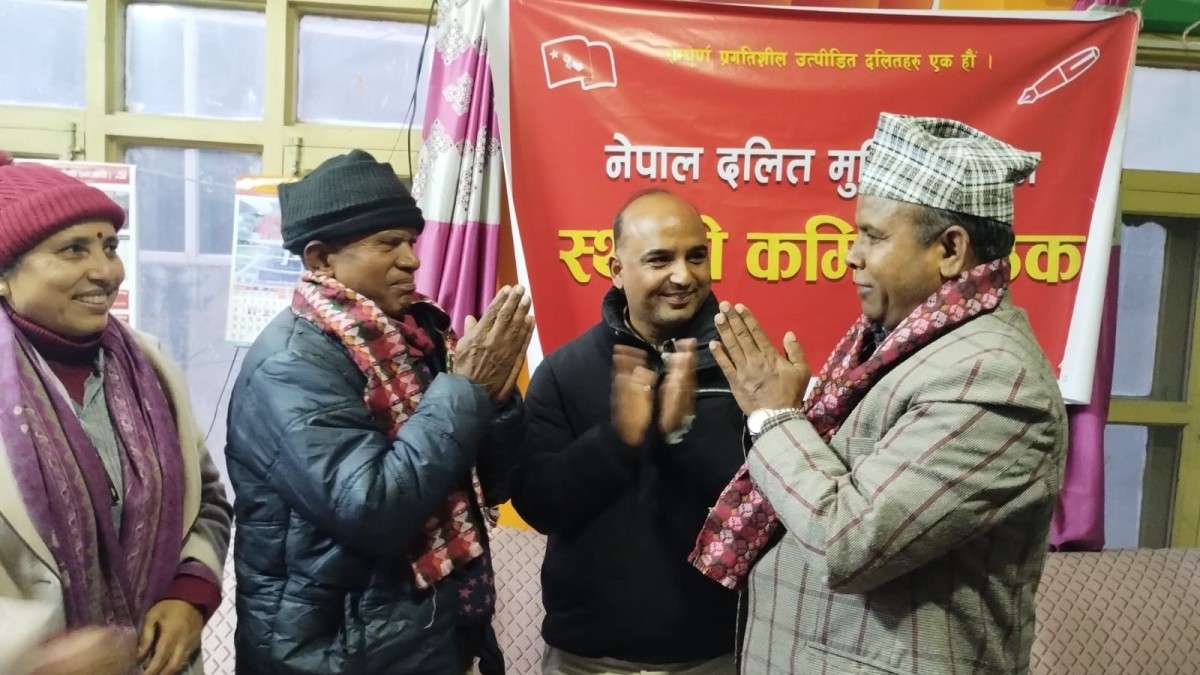
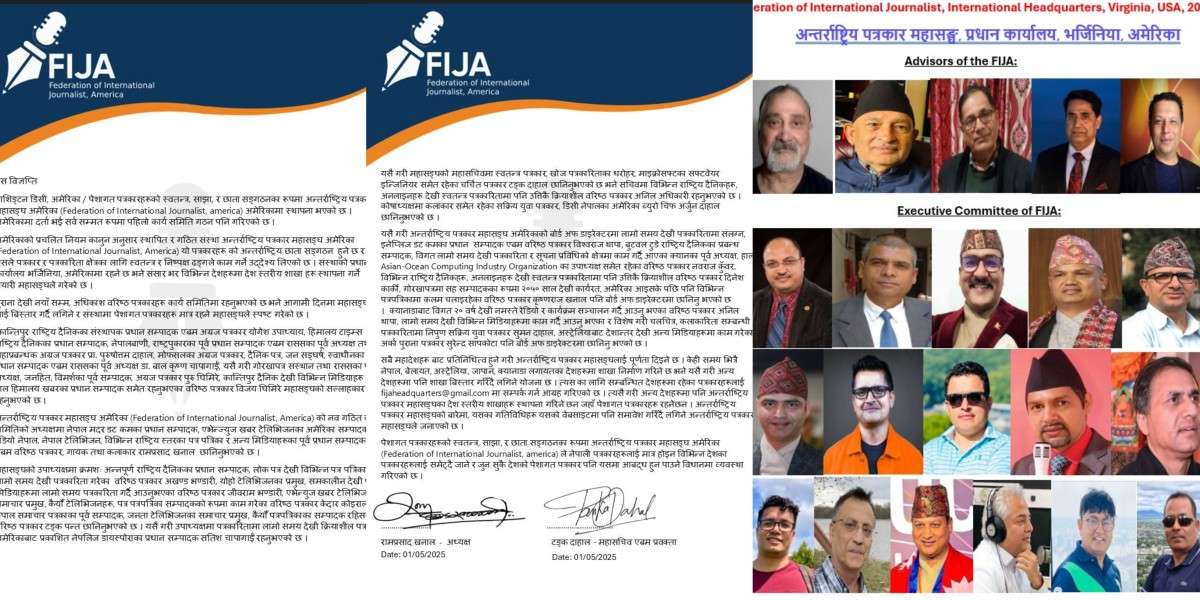
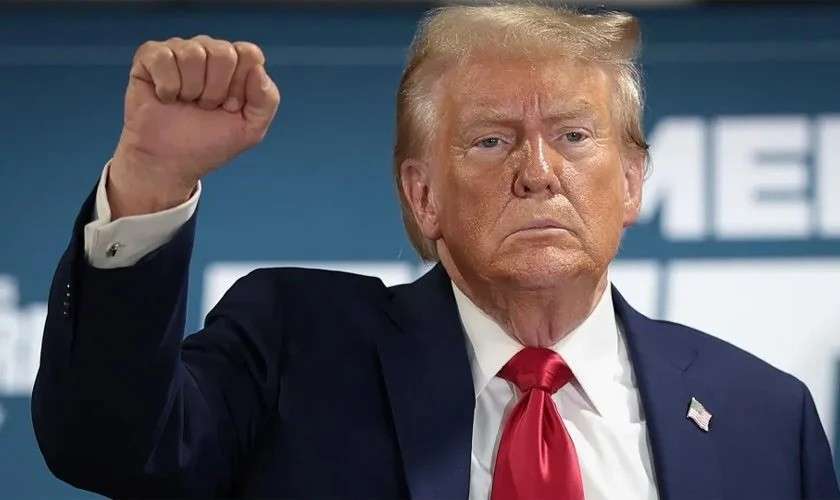



Conversation